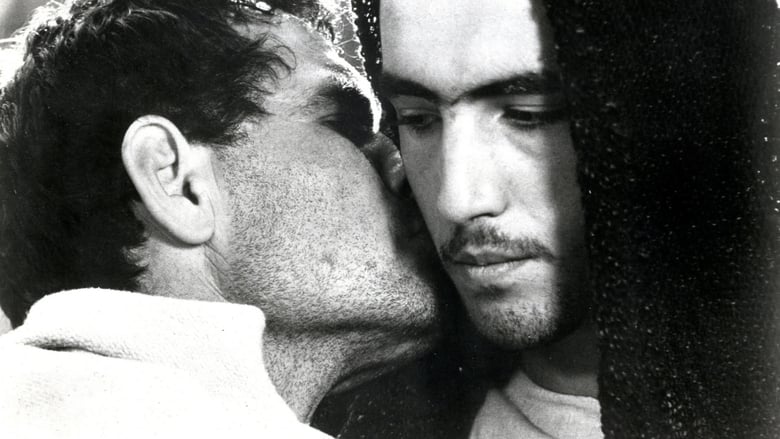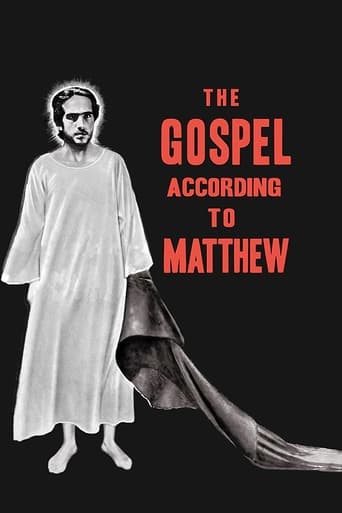
The Gospel According to Matthew
February. 17,1966 NRThis biblical drama from the Catholic Marxist director focuses on the teachings of Jesus, including the parables that reflect their revolutionary nature. As Jesus travels along the coast of the Sea of Galilee, he gradually gathers more followers, leading him into direct conflict with the authorities.
Similar titles
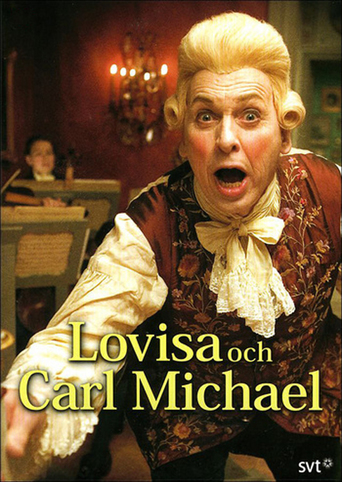
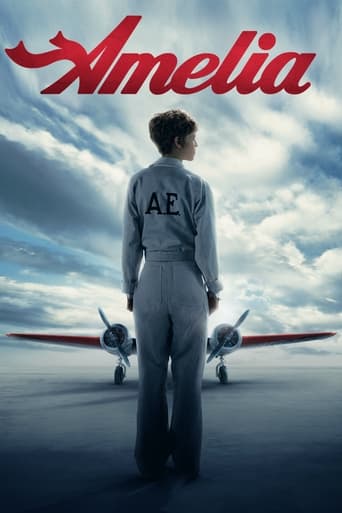
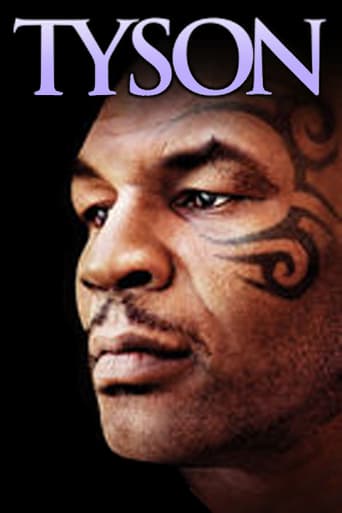

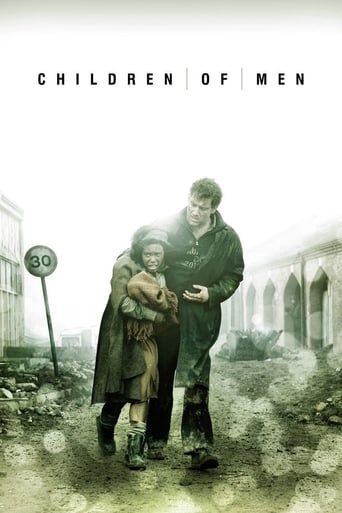
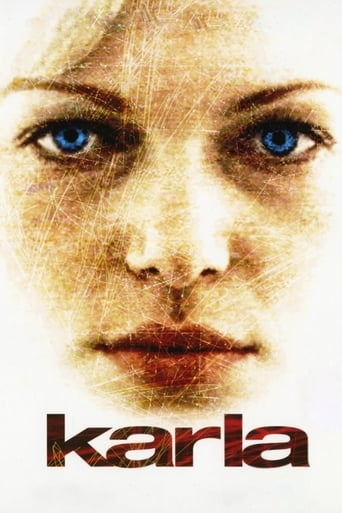
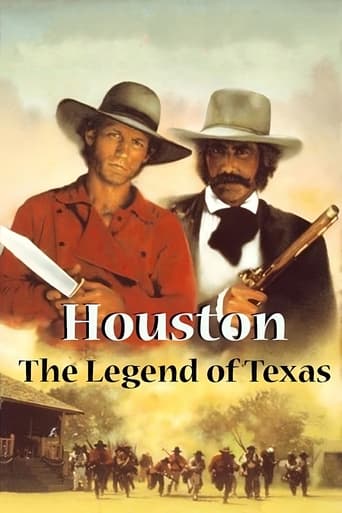
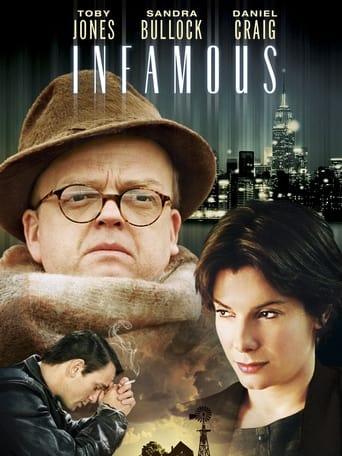

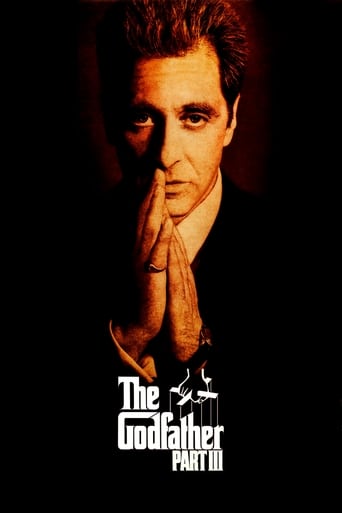
You May Also Like
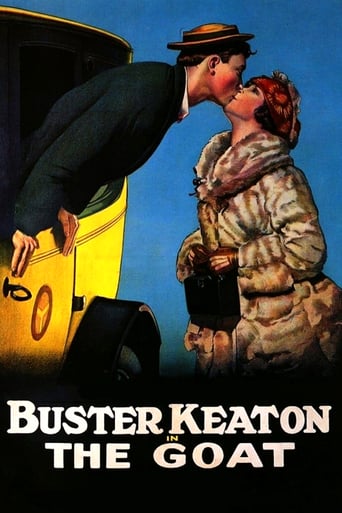
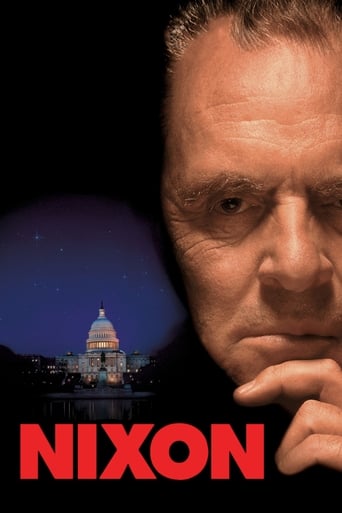
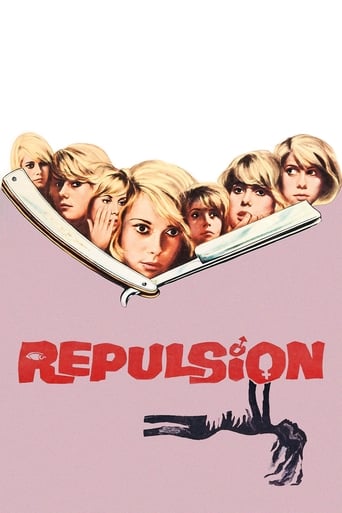
Reviews
As Good As It Gets
Am i the only one who thinks........Average?
I really wanted to like this movie. I feel terribly cynical trashing it, and that's why I'm giving it a middling 5. Actually, I'm giving it a 5 because there were some superb performances.
This story has more twists and turns than a second-rate soap opera.
I've tried to agree with the many opinions here.The high rate of the movie. I don't have many movies which irritate me, but this is definitely one of them. I kept in mind it's from 1964. But the movie is very slow, and the actor who plays Jesus annoys me deeply. Even when he says the standard things you hear in all the movies, with him it sounds like arrogance. If you don't follow him, you're not worthy of him? I seriously was in agony while trying to watch this movie and I can't see how this movie has ever scored above a 5.. I probably miss something others do see. I've seen almost every movie about Jesus, this is by far the worst one I've seen. He carries hasn't been beaten once, and he can't carry his cross longer then one step?!
I found this Italian film in the book 1001 Movies You Must See Before You Die, I read more about and saw its positive reviews, it definitely sounded worth the effort, directed by Pier Paolo Pasolini (Salò, or the 120 Days of Sodom). Basically this film is as the title says, it is about the life of Jesus Christ of Nazareth, according to the gospel of Saint Matthew (Ferruccio Nuzzo). The film starts with the story of young Mary (Margherita Caruso) and Joseph (Marcello Morante) seeking shelter for her to give birth, they find a stable, baby Jesus is born, and they escape a threat from King Herod I (Amerigo Bevilacqua). Years later Jesus Christ (Enrique Irazoqui) works as a carpenter, he gains followers, disciples, from performing his miracles to feed the hungry and heal the weak, and praising and preaching to people about the love of God. But Jesus, the son of God and the prophesied messiah, is also feared by people in the Roman kingdom, particularly coming to the attention of the Pharisees, the chief priests, and elders. Following the "Last Supper" and the betrayal by Judas (Otello Sestili), Jesus is arrested by the Romans, tried and sentenced to be crucified, he dies on the cross, but three days later he rises from the dead to give a final message to the believers before disappearing to go to Heaven. Also starring Susanna Pasolini as older Mary, Mario Socrate as John the Baptist, Settimio Di Porto as Peter, Giacomo Morante as John, Alfonso Gatto as Andrew, Luigi Barbini as James, Giorgio Agamben as Philip, Guido Cerretani as Bartholomew, Rosario Migale as Thomas, Marcello Galdini as James son of Alphus, Elio Spaziani as Thaddeus, Enzo Siciliano as Simon, Juan Rodolfo Wilcock as Caiphus, Alessandro Clerici as Pontius Pilate, Francesco Leonetti as Herod II, Franca Cupane as Herodiade and Paola Tedesco as Salome. Enrique Irazoqui gives a great gentle performance, I know the story of Jesus from various other film versions, this one needs no Hollywood bang to it, with its perfect classical music and simplistic story telling, the biggest moments are the smallest, e.g. a disfigured man healed in seconds, this is a good old fashioned very religious biblical drama. It was nominated the Oscar for Best Art Direction-Set Decoration, Best Costume Design and Best Music for Luis Bacalov, and it was nominated the BAFTA for the UN Award. Very good!
You've created one of the strangest yet most memorable films about Jesus Christ! Pier Paolo Pasolini's "Il Vangelo secondo Matteo" is an interesting film. A film based solely on the Book of Matthew in the New Testament, filmed using ancient ruins, and featuring a cast comprised entirely of the local townspeople--e.g., non-professionals (the director's own mother even plays the older Virgin Mary). Most intriguing of all, Pasolini himself was not only Marxist but an avowed atheist whose previous films had gotten him arrested on charges of blasphemy.But whatever he may be, Pasolini did make this film--and it is a good thing he did.This is considered one of the most accurate and reverential portrayals of Jesus Christ on screen. Personally, I think it's one of the strangest and most bizarre. Nevertheless, it's one of the most unique, interesting, and creative Jesus films ever! It's not hard to tell that the budget wasn't that big. This film lacks the big, elaborate sets and costumes of many other Jesus movies. But this is the film's strength. In lacking any pomp or grandiosity that often afflicts many historical epics, Pasolini's "Matthew" is able to have a gritty realism that reminds us of the harsh realities of that time. One must remember that Jesus was not a rich man in fine clothes, and neither were most of the people of his time. They did not live in fine mansions of marble. They wore worn-out clothes and lived in worn-out hovels.That's what we're seeing in this film. The people are the real peasants of southern Italy. Their faces are not pretty and some are seen with crooked teeth. Whereas many Hollywood epics use their big budget to turn hunks and glamor girls into homely peasants, this film has no need of such because the people being portrayed are the real deal.That is not to say that this film is authentic. Some of the costumes look medieval, and some of the buildings look more Gothic than First-Century Judea. The men's hairstyles are obviously modern, and many of them are in need of more facial hair, especially the actor playing John the Baptist. The scene in which Herod's soldiers massacre the innocents of Bethlehem is rather silly. Nonetheless, this film is able to portray something, and that is the harsh reality of those times.It's actually good that all of the actors are non-professionals. There are no big names. The viewer won't be bothered by the sight of an all-too-recognizable face pretending to be someone else. When it's Jesus or Mary that's supposed to be on the screen, it's Jesus and Mary and not the actors playing them.Enrique Irazoqui was the perfect choice to play Jesus. Only 19 at that time he was chosen for the role, he looks much older than that. His Jesus is so dignified, so regal even through his peasant's clothing, so commanding of a presence. This portrayal of Jesus is often described as being of a "revolutionary." This is probably closer to how Jesus may have been like compared to many other movies. This was a man, after all, who championed the poor and weak and spoke out against the authorities of that time.When he preaches, he's not some stoic, mild-mannered philosopher, he's impassioned, fiery, and forceful. He's almost shouting when he's declaring "Blessed are the poor in spirit." This is someone who's worth giving your attention to. For the most part, though, he is solemn and calm, with a kind of a quiet majesty that exudes wisdom. When he's with children or healing the sick, he radiates with so much warmth and compassion. When denouncing the Pharisees and other religious leaders, his condemnation is fierce and unflinching. And in the garden of Gethsemane praying for his Heavenly Father to take the cup away from him, he is calm and still, yet his eyes are teary. This is a beautifully subtle way of showing Jesus's internal torment at the prospect of death. Irazoqui's performances is one worth commending! This film has probably the most authentic Mary on screen, both young and old. The young one is a humble village girl, and the old one is clear an elderly lady. They are both earthly and unadorned.No one should forget to mention the music used in this film. It is one of the most interesting aspects. The score relies on borrowed samples from several different artists. I thought that the use of Odetta's "Sometimes I Feel Like a Motherless Child" was strange. What really worked were Sebastian Bach's "Mass In B Minor" and "St. Matthew Passion" as well as Missa Luba's "Gloria." It was a good choice to include Bach's music in the movie soundtrack as classical music is often associated with anything religious. When it plays during the Baptism scene, it it just beautiful. In the Crucifixion scene, it brings out a sweeping, majestic grandeur. It's powerful, just powerful. Adding just as much power to the film is the "Gloria" chorus by Missa Luba. Missa Luba, a Congolese version of the Latin mass, was quite a strange choice--yet it was a pleasant surprise. Using African tribal chants, it does make one think of African American Gospel choirs. And in its use for a movie such as this with a religious theme, it not only works well, it gives it an uniquely model twist! It was right for it to play during the Resurrection scene. It's upbeat, joyful, and glorious and triumphant."The Gospel According to St. Matthew" is an epic movie. It lacks a big budget, giant sets, fancy costumes, and endless crowds of thousands. But what it lacks in these aspects it more than makes up for in its sweeping feel and majesty that is as genuine as it is austere.
The fact that this is hailed as a "masterpiece" and "one of cinema's greatest achievements" is truly astonishing. Along with Herzorg's "Heart of Glass", Pasolini's "Gospel" is one of the truly abhorrent works of world cinema. I spend my life defending "art-house" cinema against its detractors who claim that it's pretentious and self-indulgent. This is truly one of those films which gives all of world cinema / art-house cinema a bad name.Where to start...? Needless to say, one cannot really lay any blame on the screenplay. Here we have one of the most fascination, stirring, important, enduring and influential stories of all time, without which we would have no Man with No Name, no Star Wars, no Harry Potter. I can honestly say I've seen pre-school productions of the passion which moved me more than this. In fact, the most astonishing thing about this film is that it manages to make you not care about Jesus' life or death at all.The acting is staggeringly bad. The guy who plays Jesus looks the part, but he has one facial expression with which to communicate the entire range of Jesus' experience. One facial expression for the whole movie. Seriously, this guy makes Steven Seagal look like Laurence freaking Olivier. In spite of his oak-like demeanour, Pasolini's Christ manages to come off as angry and intolerant, rather than divine. He shouts, he condemns, he dictates. This is hardly surprising, given Pasolini's radially political sensibilities, but did he have to make Jesus look like a jerk just to appease his own malcontented frustrations?The actors playing the disciples, admittedly, have greater range, though not by much. Typically, their expressions range from confused to bemused. What's worse, they look like a bunch of Italian rent boys; all designer stubble and greasy hair. One of them has more wax in his hair than Elvis, which is fascinating given that the film is set 2000 years ago.This brings me to one of my biggest problems with this film; the countless anachronisms. Costume design is all over the place - no two people look like they come form the same period or region. The music used ranges from traditional Congolese songs to Negro-spirituals to European Baroque choral music. Many critics lauded this "eclectic" use of costume and music. For me, hearing Odetta singing "Motherless Child" while I'm looking a Jesus clearly in his mother's arms while she wears Byzantine-era clothing is plain stupidity. Frankly, it's also a bit of an insult to the song, which is about black children who were taken from their parents as infants to be slaves. Is Pasolini comparing the plight of the Jews to the plight of early slaves in America? Frankly, based on the evidence so far, that would be giving him way too much credit.I am also confused as to the presence of a female angel, since none are ever mentioned in the book of Matthew or any other book. This wouldn't bother me per se, were it not for the fact that, this glaring error notwithstanding, Pasolini deliberately stuck to the gospel verbatim, even going as far as to use no dialogue aside from that found in the book of Matthew. For this, the film suffers even more. I hardly think Matthew was worried about the book's validity as a screenplay when he was writing it, so this pious insistence on sticking to his words is absurd, and totally out of keep with the other "stylistic" choices the film makes, namely the rampant anachronisms.Continuity and sound-dubbing are hilariously bad; one of my favourite moments is when we see a man playing with his baby. The baby looks annoyed and grumpy, yet the image is complimented with the classic baby- giggling effect you get in diaper commercials. When Jesus is a baby, Mary is played by a girl who can't have been more than 15 years old. When Jesus is an adult - some 30ish years later - Mary is played by Pasolini's mother, who was almost 70 years old at the time. Are we supposed overlook the fact that Mary has bizarrely aged 55 years? If so, why? What is Pasolini's point in using his own mother as the mother of Christ? Surely an atheist, Marxist homosexual would have no desire to compare himself to Christ... Frankly, I don't care enough to think about it.The camera operator was clearly either drunk or a child. On at least two occasions he pans to an empty space before clumsily fumbling up or down toward the person or thing he was supposed to be filming. One has to wonder, why on earth didn't Pasolini simply do another take? Was he in a hurry? I can only deduce that he was, as the whole film is made in such a slap-dash way, it's as if he simply didn't care what ended up on the screen. And there we are again, not caring. Pasolini has managed to make me completely indifferent to what is supposed to be the most moving story ever told.Put simply, this film is an abomination. An insult to cinema and an insult to anybody who has two-braincells to rub together. Avoid!
Top Streaming Movies











